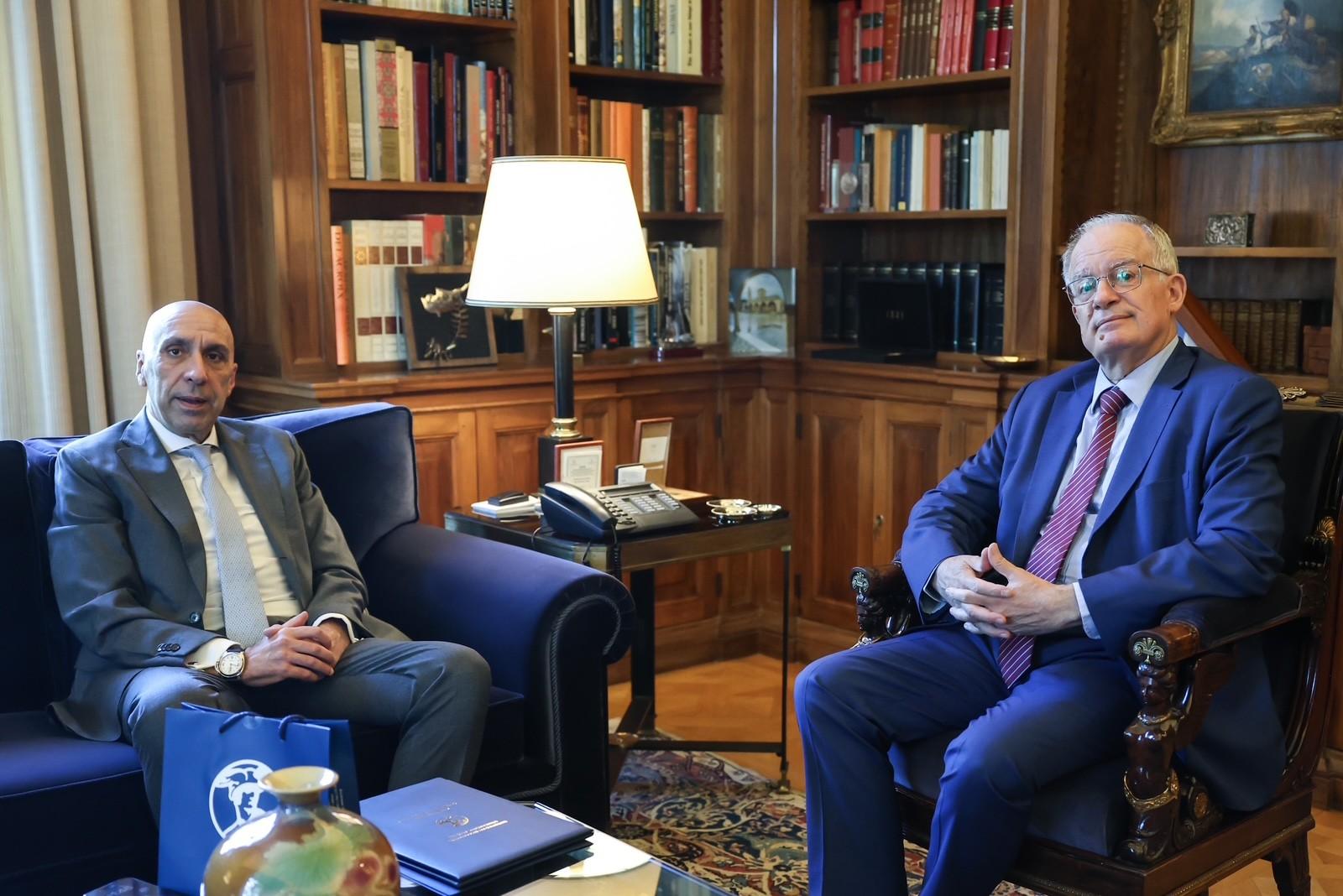The future has always been “unmanifest and hidden” for people and the course of the planet. However, small or larger achievements pointed the way or at least showed some paths for the course of humanity. At the “dawn” of the new millennium, Artificial Intelligence began to peak, combining a machine’s ability to “learn” with “big data”. And thus the questions began to multiply: How will the new technology evolve? Will the machines take over? Does the future augur the ‘Matrix’ or ‘The Terminator’?
Speaking to Vima newspaper, on the sidelines of the American Mediterranean Investment Forum, the award-winning Israeli scientist specializing in Artificial Intelligence, Dr. Eli David, pointed out that AI can bring about tremendous changes in our lives, both positive and negative. He referred to the debate that has opened regarding the regulatory framework, while he spoke in a particularly enthusiastic way about the contribution of Greece and its domestic human resources in the field of technological innovation and entrepreneurship.
As he said, “Greece definitely embraces technological innovation. In recent years there has been a great deal of interest and action taken by both the government and the private sector in an effort to participate in and advance the AI revolution. The one that will dramatically change our world in the coming decades. So I’m glad to see that Greece is trying to be at the forefront of technology.”
Referring, in fact, to the human resources of Greece, Dr. David emphasized that some of his most talented colleagues are Greeks. “I met many of them in the US, but they were educated in Greece. To see Greeks excel outside the country in technologically developed states proves the enormous potential of Greece. I believe that with the right actions and the right incentives, Greece can become a leading country in new technology and Artificial Intelligence.”
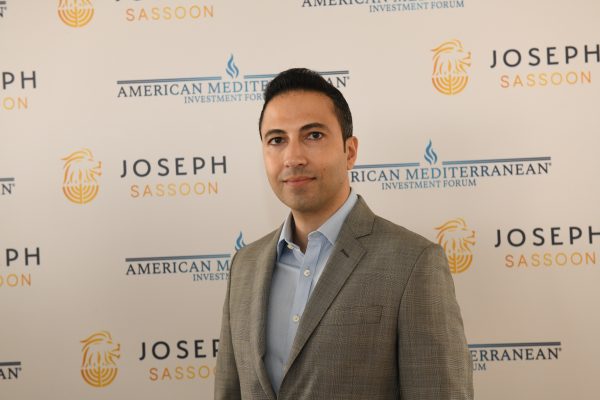
“AI can bring about tremendous changes in our lives”
Risks and control
According to the renown scientist, Artificial Intelligence has huge potential, but also huge risks. “One of the most promising is the use of AI for healthcare, where it is currently quite primitive. Now, in the coming decades we expect a revolution both in terms of examinations, but also in the treatment of diseases. I expect life expectancy to increase drastically. In contrast, everyone is talking about autonomous military technology. This is a huge risk. Imagine having drones that make decisions. We can certainly ban it, but there will always be those who seek it.”
When it comes to the regulatory framework for Artificial Intelligence, Dr. Eli David cited polling data to show how divided ordinary citizens are. “The first she asked was ‘should AI be regulated?’ 75% said yes, so people say there should be regulation. To the second question: “Who should regulate Artificial Intelligence? Government, industry or anyone?’ the responses were 19% government, 28% industry and 53% nobody. And finally to the question “Do you trust the government to regulate AI?” 97% of citizens answer “no”. So we have the paradox of people believing in the regulatory framework, but not trusting anyone and certainly not the government.”
Finally, when asked what the world will be like a few years from now, he spoke of rapid adoption of artificial intelligence in almost every industry. “We will see this especially in more traditional industries, in manufacturing, in energy, in telecommunications in those areas that have been largely untouched by AI in the past. Beyond that, I believe that if we continue the current exponential improvement, we will have super-intelligent artificial intelligence.”
Mr. David also gave special importance to a personal story, in order to understand the speed of the changes we are experiencing. “In 2004, I organized a large AI conference in Israel. There, a Dutch journalist who interviewed me asked me if I think AI will ever become smarter than humans. I said yes. Our brain is a computer. Eventually we will have a better computer at some point. He himself asked me “when will this happen?” and I answered 500 years. I was sure, because I said a date when I, too, would have died, and he and our children. No one would be able to tell me that the prediction was wrong. However, the interview made headlines and the journalist had written in big letters that “Israeli researcher revealed that in 50 years AI will become smarter than humans”. Just removed a zero. They were giggling and talking about crazy predictions. Today I hold this paper that says I was the first to predict this development. 20 years ago the improvement recorded in such a short period of time was considered science fiction. We can’t even predict where AI will be in the next 20 years. We will have a revolution.”
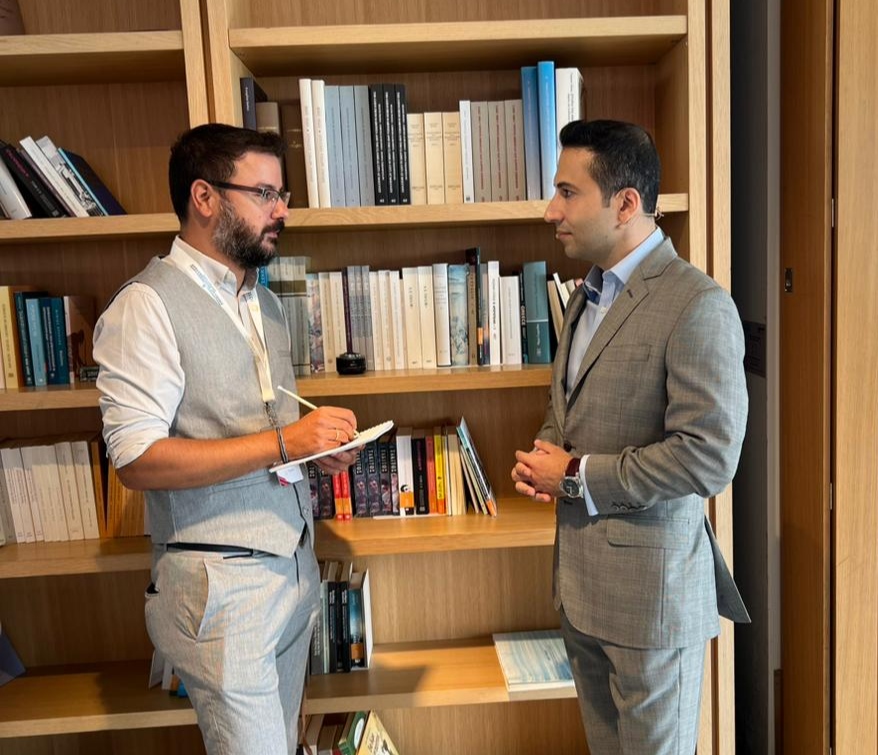






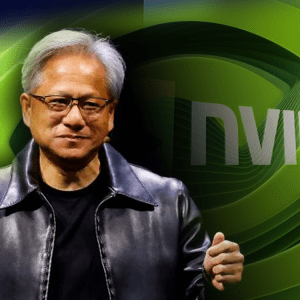


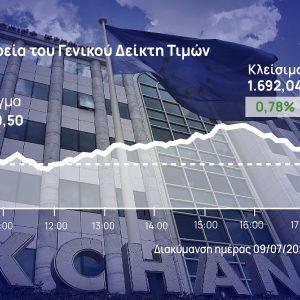

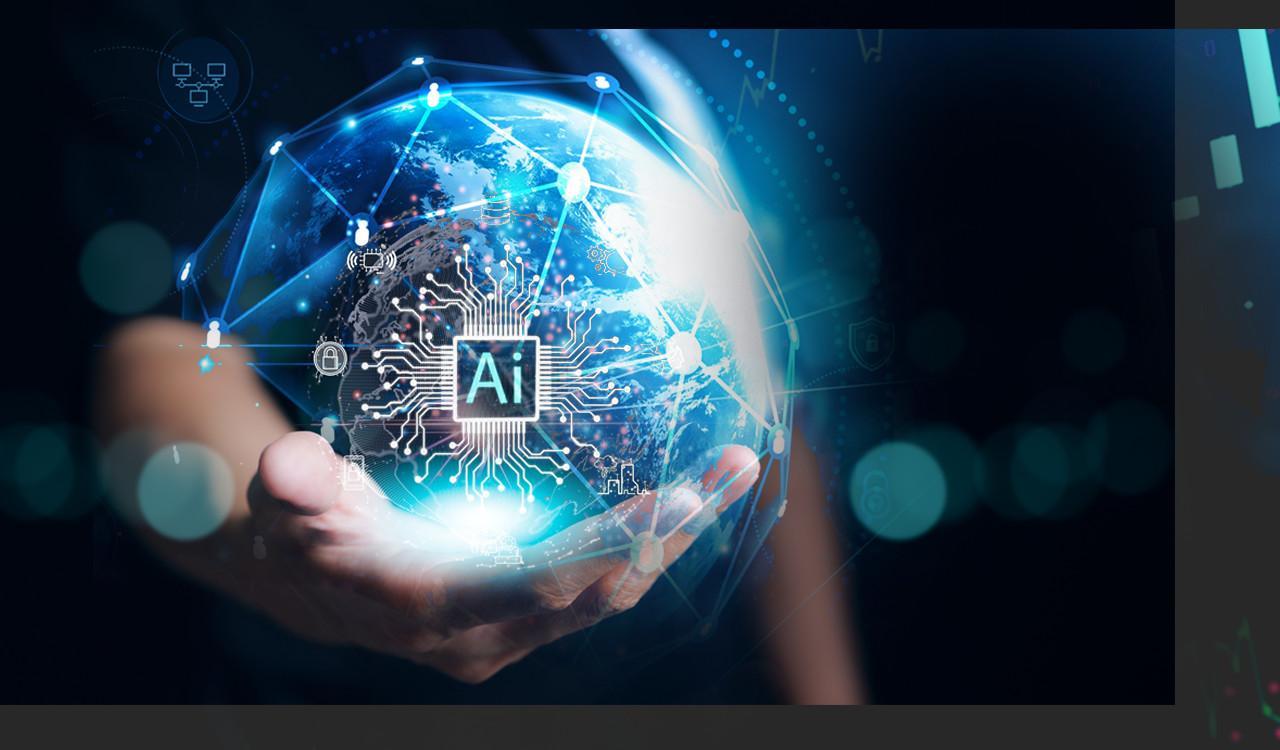













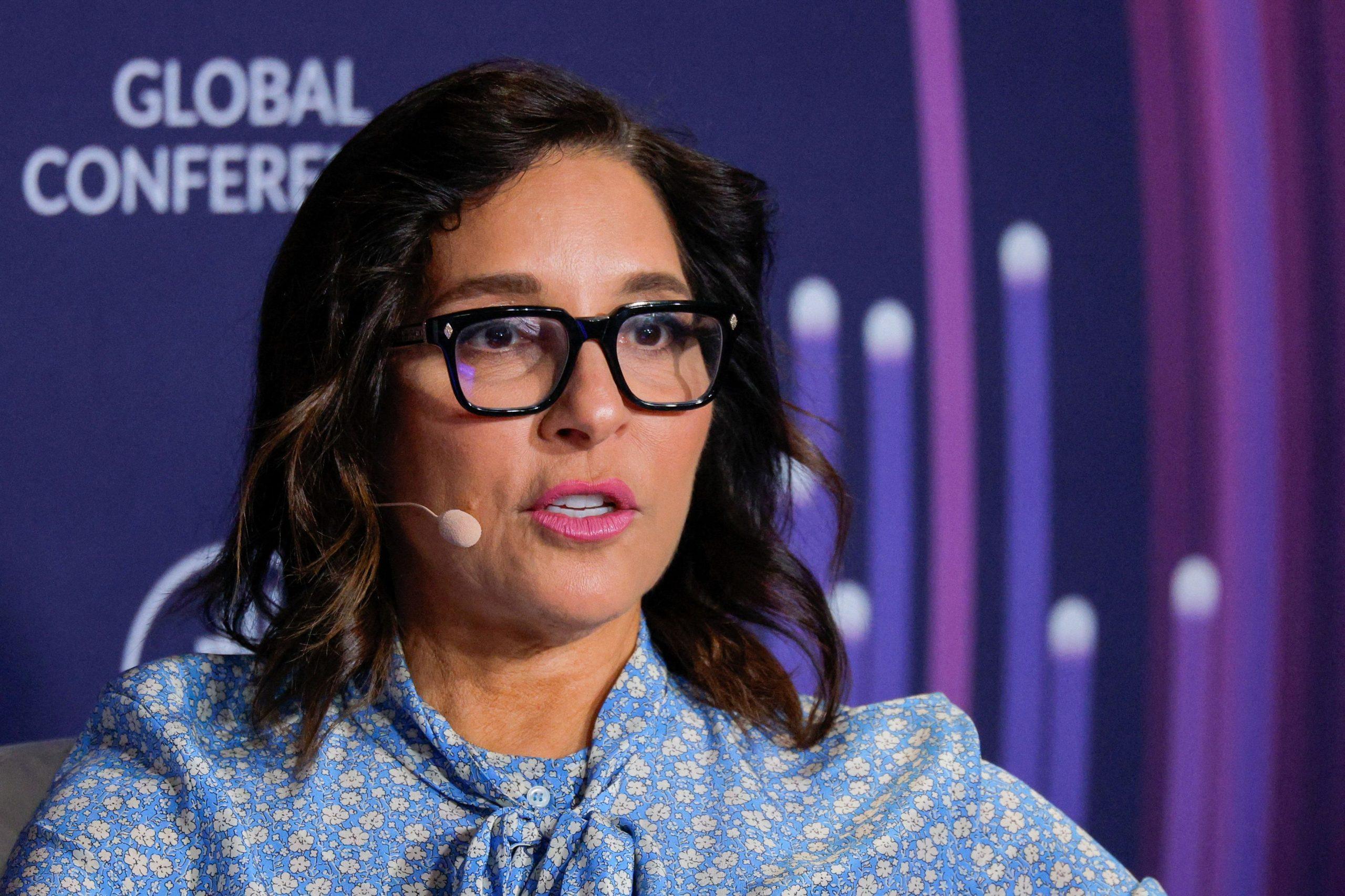

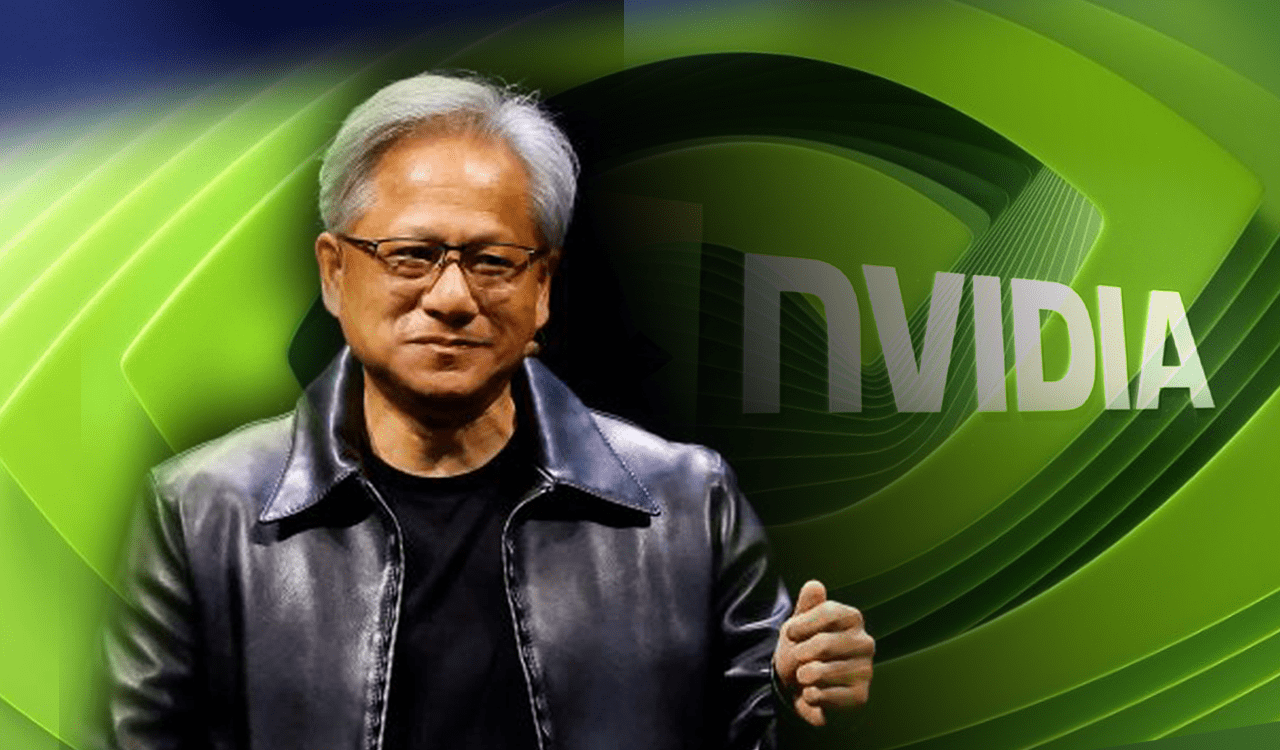


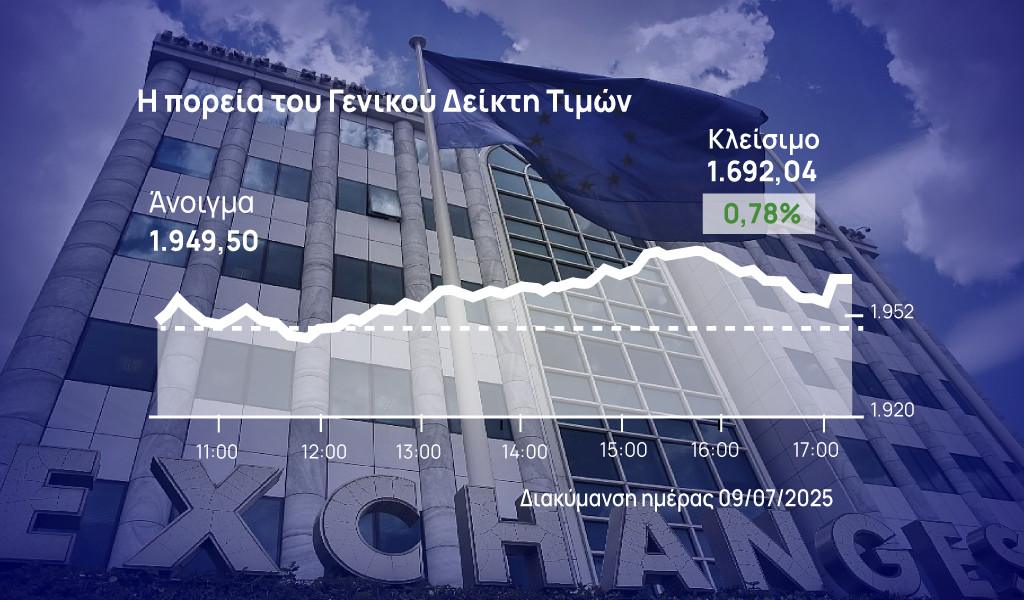

![ΟΟΣΑ: Η ανεργία «πέφτει» στην Ελλάδα αλλά… – Τα κρίσιμα σημεία [γραφήματα]](https://www.ot.gr/wp-content/uploads/2025/07/anergia3-1.jpg)
![Τραμπ: Η απειλή για δασμούς 200% στα φάρμακα και το εμπορικό έλλειμμα των 74 δισ. ευρώ με την ΕΕ [γραφήματα]](https://www.ot.gr/wp-content/uploads/2023/01/farmaka.jpg)





